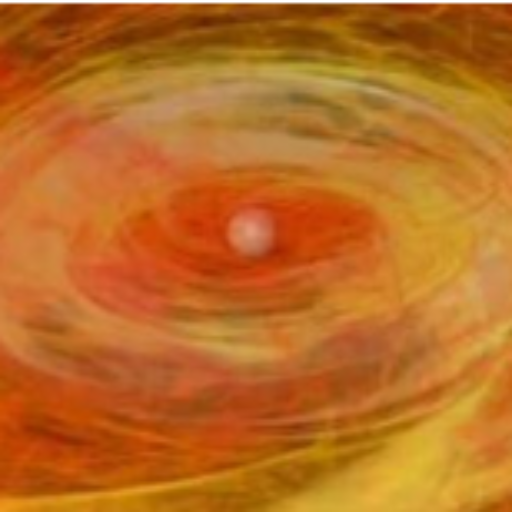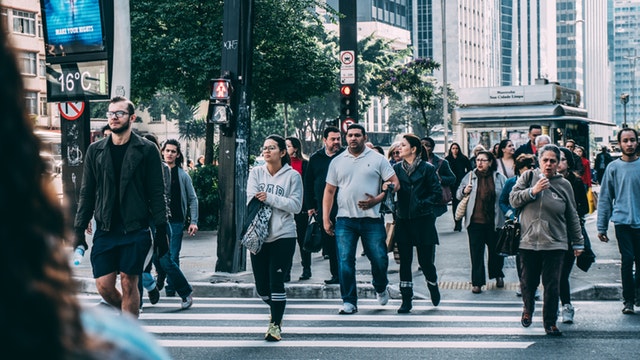Source: Pexels.com
It’s not something that you hear about all the time, but there is, well, a lot of people on the planet. A mind-bending amount, in fact, if you compare it with any other point in history. It took humans 200,000 years to reach two billion people, which happened in in the early 20th century. In the space of one hundred years, we jumped up to seven billion. Let that sink in — 200,000 years to go from one to two billion; one hundred years to go from two billion to seven billion. And those numbers are still going up, too. Though experts things that the number will begin to plateau at around nine billion people, there’s really no well to tell. They’re just guesses. Now, there’s nothing to say that there’s anything inherently wrong with their being so people. So long as everything’s moving in the right direction, then everything’s good! But, of course, that’s not the case — there are issues with their being so many people, some of which are here now, some of which will arrive in the future.
Below, we take a look at some of these problems, and the potential solutions.
More Pollution
It would be fine if humans were living a carbon neutral lifestyle, which they were doing for nearly all of human history. But that all changed with the industrial revolution. With planes, trains, and automobiles connecting the world, and lights and heating upping the comfort of our homes, many of us are living a lifestyle that’s unsustainable for the planet. The world is generally shifting to a more industrialized world, too, with many countries who haven’t been polluters in the past suddenly contributing to the carbon output.
The more people there are, the more pollution there is. Luckily, a solution for this issue may not be so far away. Battery powered cars, for example, will radically reduce the levels of pollution that gets tossed up in the atmosphere.
Damage to the Environment
It’s not just in our cars where we cause damage to the environment. After all, the vast majority of the world don’t, for various reasons, drive — but they’re not carbon neutral. That’s because everything we do has a consequence, though of course, some actions have consequences that are greater than others. If all seven billion of us consume, consume, consume, and don’t think about our plastic usage, then the world will suffer. The good news is that many governments are beginning to pass anti-plastic legislation, and introduce more effective recycling processes too. For humanity to have a reduced impact on the earth, these slow seeds of advancement will need to start growing fast.
Greater Conflict
We live in a deeply unequal world, that should be obvious to anyone who is paying even the slightest bit of attention. Some areas, such as the west, live relatively free and stable lives. People in other countries do not, or, rather, cannot — if you’re subjected to war, or famine, then you need to move, to anywhere that’s better. The more people there are on the planet, the bigger the problem this is. There are people who avoid helping refugees because they think their country is full. It’s a case of there being more people on the move, fewer people willing to take them in. The solution to this is a move towards a more equal world — but that takes time, and is it even possible?
Food Sources and Growth
The primary conversation surrounding the effects of overpopulation is to do with that one thing we all need: food. The more people there are on the planet, the less food there is to go around. And with climate change making it more difficult to grow crops in areas that have always been able to grow crops, the problem may rear its head sooner than we might think. Fortunately, this is an area where there are reasons to be hopeful. Things like Atlantic salmon farming and lab-grown meat will help to provide a source of healthy food in a sustainable way. Another option, one that’s admittedly quite out there by modern tastes, is that we’ll soon be getting protein from a food source that can be grown quickly, has limited impact on the environment, and can be tasty — insects. Don’t be surprised if you see insect dishes on the menu in hip restaurants in the not too distant future!
An Increase in Disease and Poverty
Humans have come a long way when it comes to disease management in recent years, but overpopulation is beginning to bring with it new threats. Disease develops and spreads much faster in densely populated areas. With more people living in the cities, people are living closer than ever before. Similarly, while there’s been a gigantic — actually, miraculous — decrease in poverty in the past few decades, the more people there are in the world, the more unemployed people there will be.
Sustainable Living
Ultimately, there is no great problem with there being so many people — inherently. All the people in the world can fit inside New York City, after all, so it’s not like we’re all struggling for space. The issue, therefore, isn’t about the number of people, but how those people live. If we want to be able to do whatever we want, all the time, then we’re going to run into trouble — the earth did not evolve with that in mind. Conversely, if we can work together and find a way to create a sustainable way of life, then these issues will quickly fade into the background.
Conclusion
It’s pretty awesome that there are so many of us on planet earth, all trying to do our best. And while there are, obviously, issues we need to keep in mind when it comes to the number of people on earth, humans have, generally managed to weather the problems that have plagued them in the past. We might soon begin to think of the number of people not as ‘overpopulation,’ but simply ‘the population.’



Recent Comments